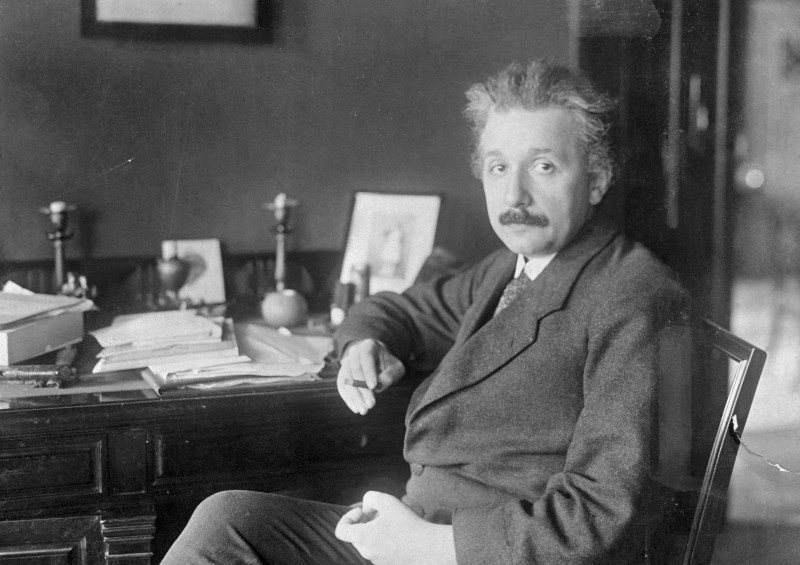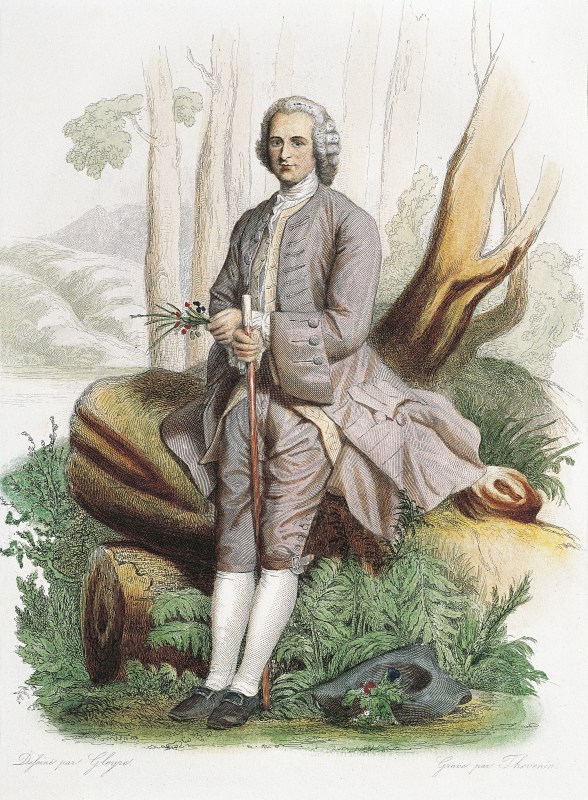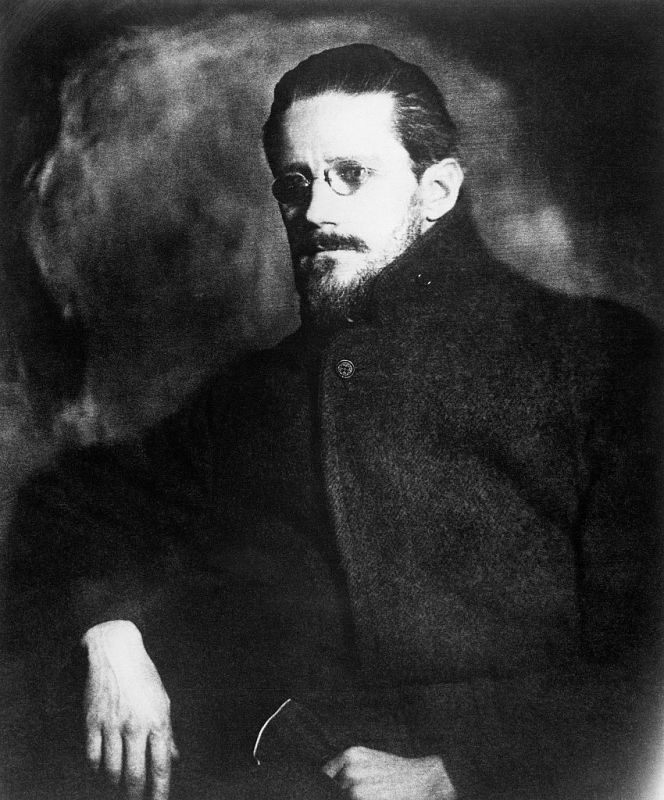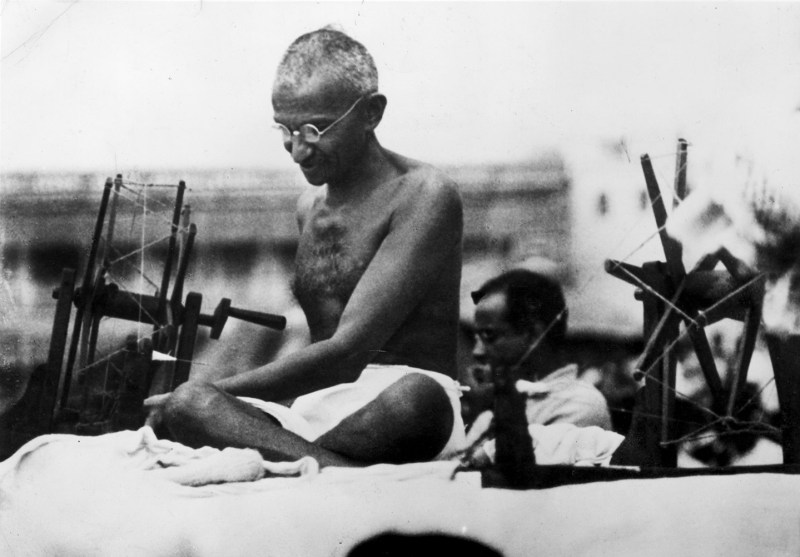Where to begin?
Though many of history’s greatest men were refined in public, details about their private lives and preferences have come to light as they have been studied and investigated over time. Groundbreaking scientists, world-famous composers and pioneers for peace — none are exempt from experiencing human sexuality, which can breed salacious and shocking secrets on its best days. A note of warning, some of these details are not safe for work.
Albert Einstein

The most famous scientist to ever walk the Earth had a serious problem with staying faithful. Married twice — once to his cousin — he told his first wife to “expect neither intimacy nor fidelity,” and went on to cheat on both of his wives with at least 10 different women. When he was married to his cousin Elsa —who was a first cousin on his mother’s side and a second on his father’s — he defended sleeping with her younger sister in a letter by saying, “You can’t blame me; we were young and she was willing.”
In a 1953 letter to a friend upset about her cheating husband, he elaborated on his belief about monogamy.
“I am sure you know that most men (as well as quite a number of women) are not monogamously endowed by nature,” National Geographic reports that he wrote. “Nature will come through even stronger if convention and circumstances are putting resistances in the way of the individual.”
Or, as Einstein sums it up in one sentence: “It is a bitter fruit for everyone involved.”
Jean-Jacques Rousseau

A French philosopher and writer who heavily influenced the Enlightenment in the 18th century, Jean-Jacques Rousseau had a very strange set of sexual habits that he spoke openly about in his book, Confessions.
“I sought out dark alleyways and hidden corners, where I could expose myself at a distance to persons of the opposite sex,” he admitted — but it was his backside that he exposed and for a very specific reason. His mother died shortly after he was born, and as a child, he was spanked by his caretaker Mademoiselle de Lambercier. This aroused him, and he continued to seek out this act — and dynamic — in relationships throughout his life, even referring to women he was in relationships with as “Maman” and himself as “little one.”
James Joyce

Best known for Ulysses (1922), the Irish novelist James Joyce is revered for his contributions to the modernist avant-garde and celebrated as one of the 20th century’s most influential writers. Also the author of the short story collection Dubliners (1914) and Finnegans Wake (1939), Joyce has some less known writing that’s nothing short of shocking.
In letters to his wife Nora, Joyce speaks openly and vividly about his affinity for flatulence, alternating between the third person and speaking directly to her.
“I think I would know Nora’s fart anywhere,” Joyce writes. “I think I could pick hers out in a roomful of farting women. It is a rather girlish noise not like the wet windy fart which I imagine fat wives have…I hope Nora will let off no end of her farts in my face so that I may know their smell also.”
This is by far the tamest portion of this particular letter, which you can read in its entirety here.
Wolfgang Mozart

The legendary composer has music that isn’t well-known or family friendly, thanks to its liberal use of scatological humor. We doubt you need a translator to read the title of Mozart’s 1782 six-voice canon in B Flat Major, Leck Mich Im Arsch. But for good measure, here are the lyrics in full.
Mozart’s scatological interest made appearances in his personal life, too. He wrote a suggestive letter to his cousin in his 20s that included phrases that probably are best read in their original context.
Mahatma Gandhi

Gandhi did not try and keep secret that he used his grand nieces to replace his walking stick during the day and slept with them at night — completely naked. This was a “so-called experiment in celibacy” that Gandhi proclaimed was necessary to conduct on his spiritual journey.
“For me Manu sleeping with me is a matter of dharma (moral duty),” Gandhi wrote in a defensive letter to Vallabhai Patel, who got wind of what he was doing and accused him of being immoral.
But Gandhi insisted that these exercises were vital to measure his own strength and weakness, despite the “involuntary discharges” of semen he wrote about experiencing during them.
“If I don’t let Manu sleep with me, though I regard it as essential that she should … wouldn’t that be a sign of weakness in me?”
Diary entries from Manu analyzed more than 40 years after her death show a different, more manipulative and disturbing side of the “father of the nation.”
“Tonight, when Bapu (Gandhi), Sushilaben and I were sleeping on the same cot, he embraced me and patted me. He put me to sleep with great love. He embraced me after a very long time. Then Bapu praised me for remaining innocent (of sexual urges) despite sleeping with him. But this isn’t the case with the other girls. Veena, Kanchan and Lilavati told me that they won’t be able to sleep with him.”
A few days later she wrote, “He is initiating me to a higher human plane through the Brahmacharya experiments, part of Mahayana of character building.”
This article appeared in an InsideHook newsletter. Sign up for free to get more on travel, wellness, style, drinking, and culture.

























